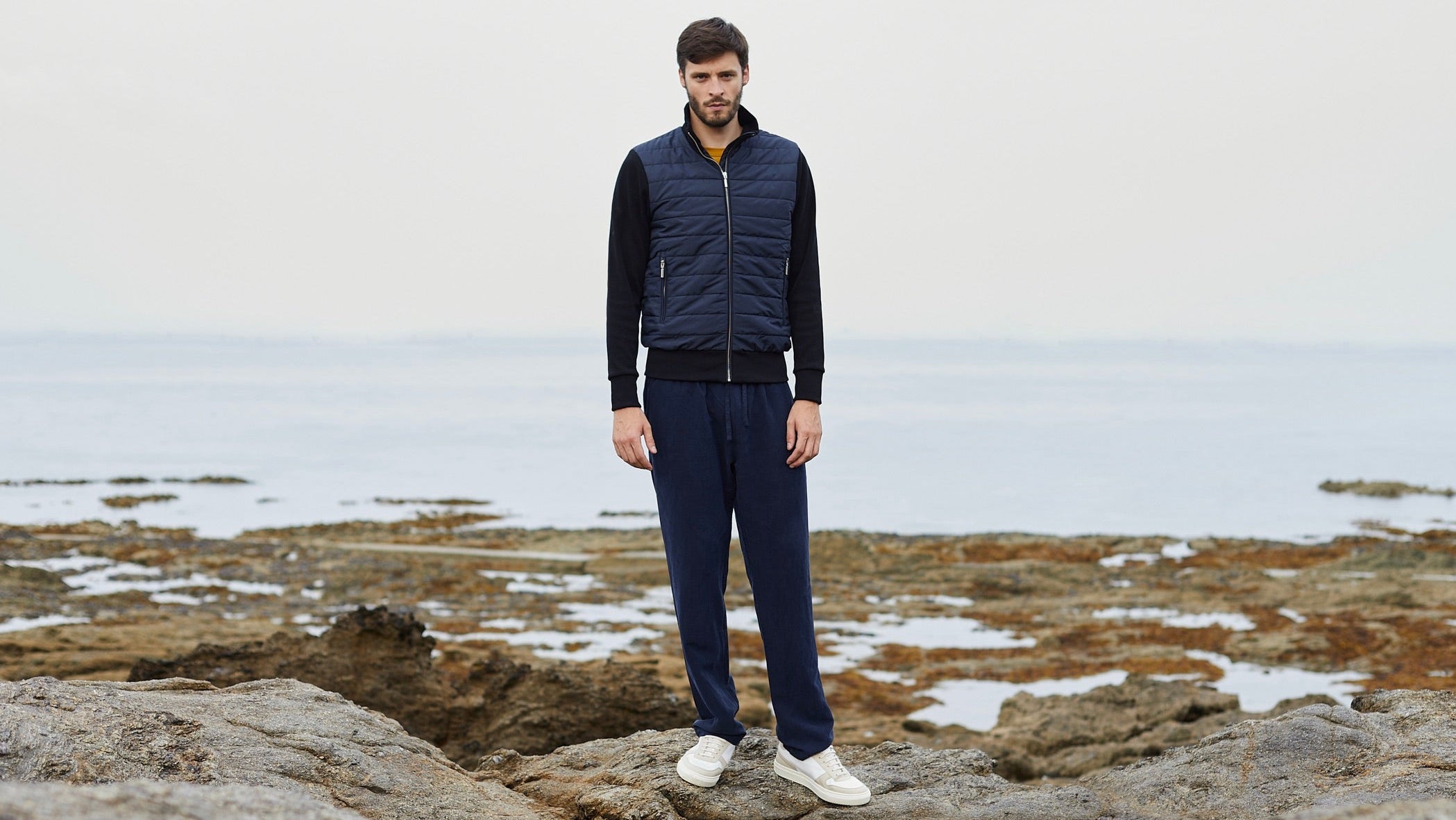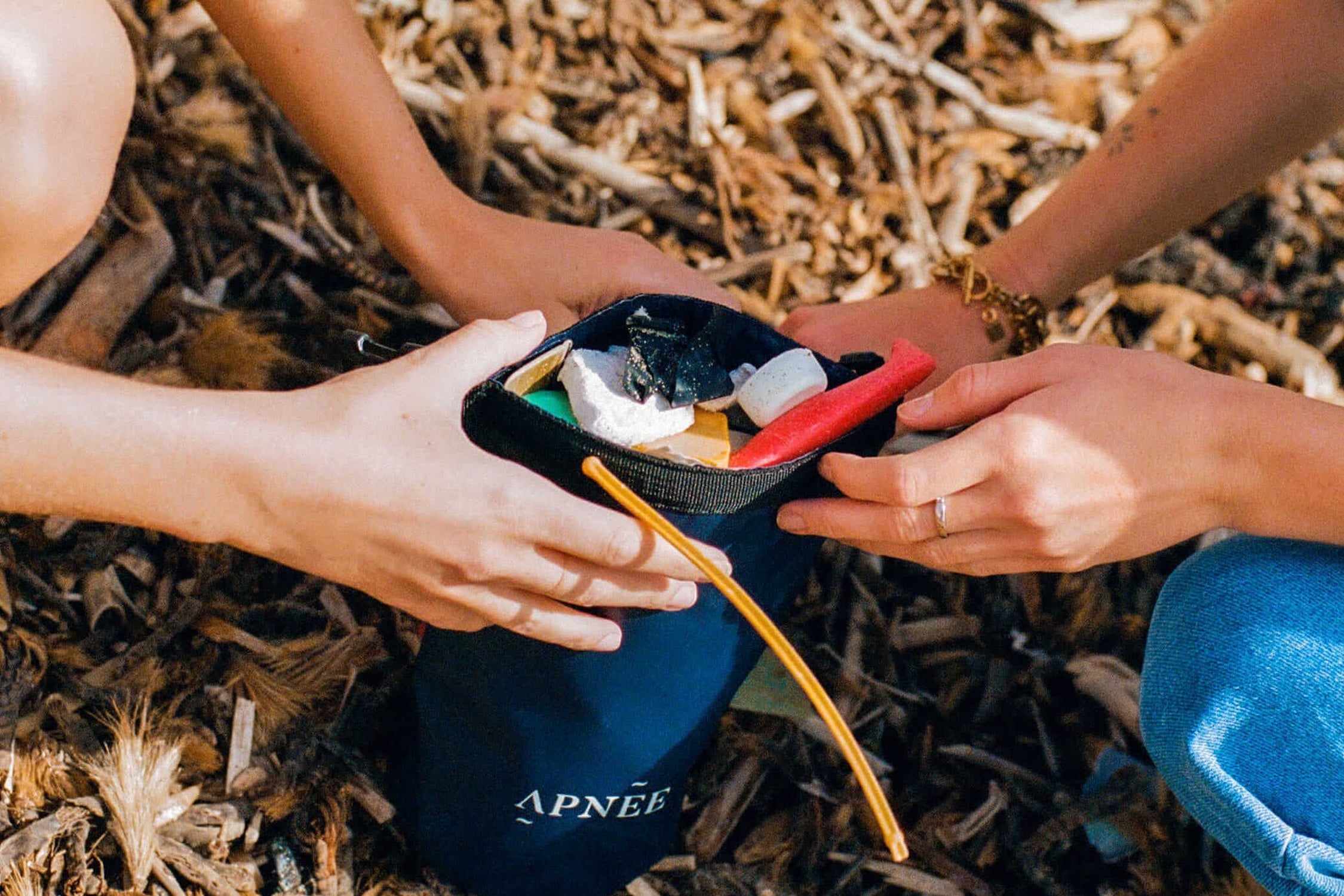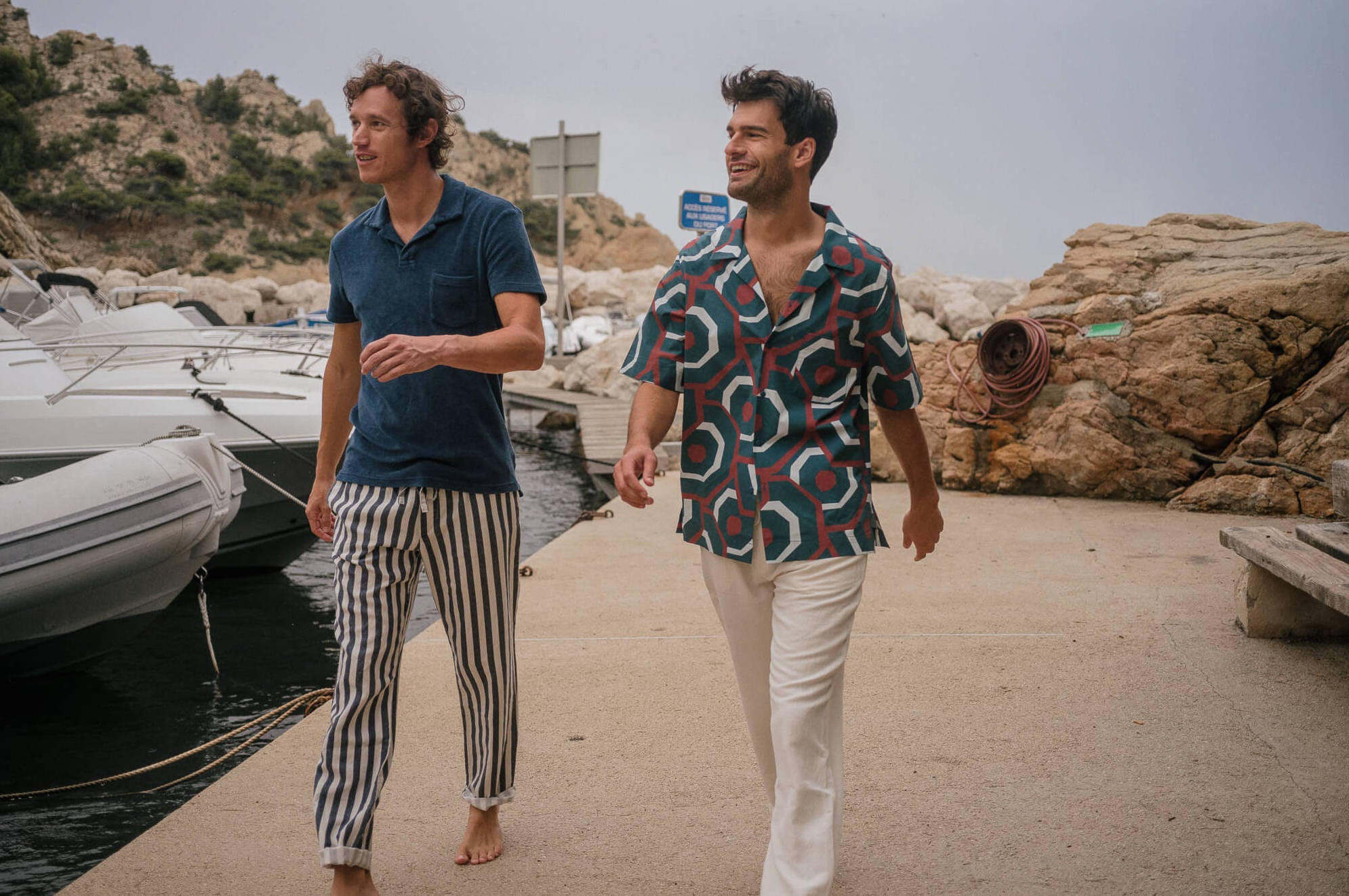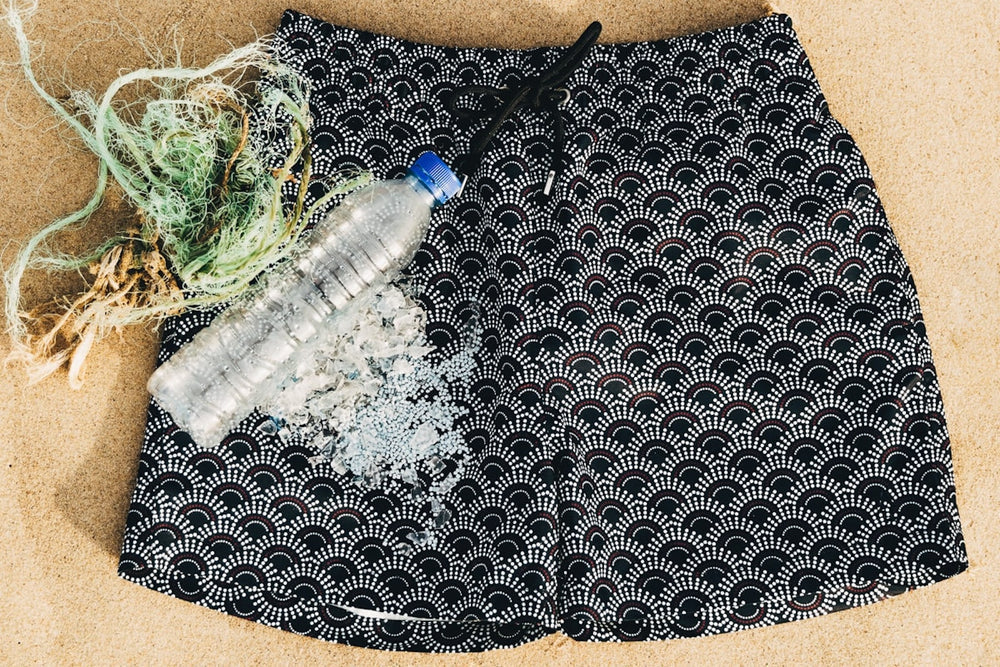
Swimwear: Why is Apnée revolutionizing the environmental impact of traditional swim shorts?
Summer is finally here and it's time to choose your swimsuit. But how do you choose? Opt for traditional swimsuits at low prices? Or turn to our high-end and eco-friendly Apnée swimsuits ?
Swimwear is a staple of any summer wardrobe, but not all swimsuits are created equal when it comes to their environmental impact. Let's compare the environmental impact of traditional swimsuits and freediving swimsuits.
Environmental challenges of traditional swimwear: materials, production and degradation
Traditional swimwear is typically made from virgin polyester and nylon, both petroleum-based materials. Their production requires energy-intensive extraction and processing, generating high levels of CO2 emissions. Elastane, used for elasticity, is also derived from petrochemicals and poses challenges in terms of recycling.
The production of synthetic fabrics for traditional swimwear uses large amounts of water. In addition, the dyes and chemical treatments used can be toxic and harm aquatic life. These industrial processes have a significant environmental impact.
Traditional swimwear tends to degrade more quickly due to chlorine and UV rays, requiring frequent replacement. Once discarded, these swimsuits often end up in landfills where they can take centuries to decompose, contributing to plastic pollution.
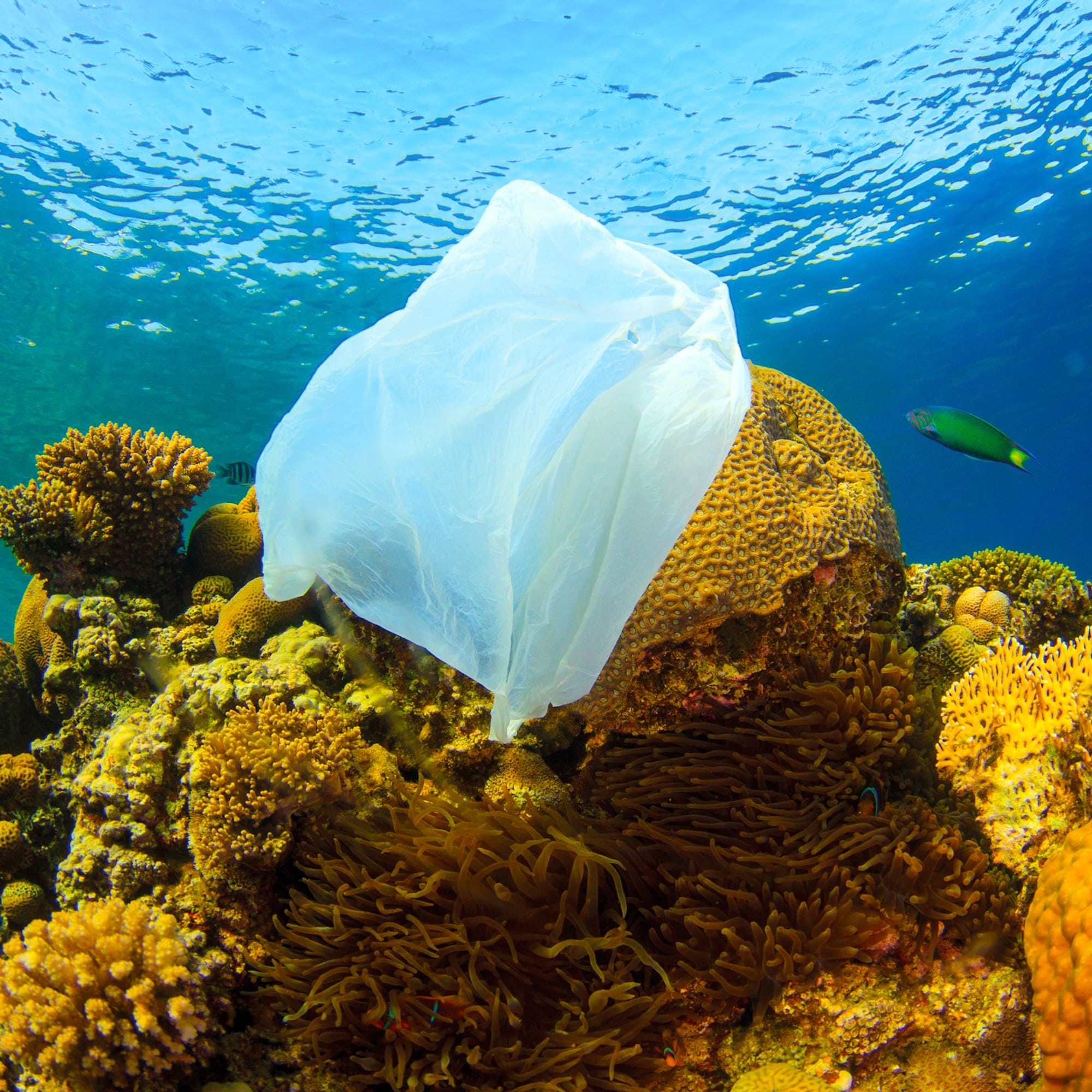
Apnée: Sustainable excellence in eco-responsible swimwear
Apnée stands out for its use of sustainable materials. We use recycled nylon, such as ECONYL®, made from reclaimed nylon waste, such as abandoned fishing nets. This reduces the demand for virgin raw materials and decreases plastic waste. In addition, our Apnée swimwear is made from recycled polyester, produced from used plastic bottles, helping to divert plastic waste from landfills and oceans. For example , one pair of Apnée men's swim shorts is equivalent to 10 recycled plastic bottles.
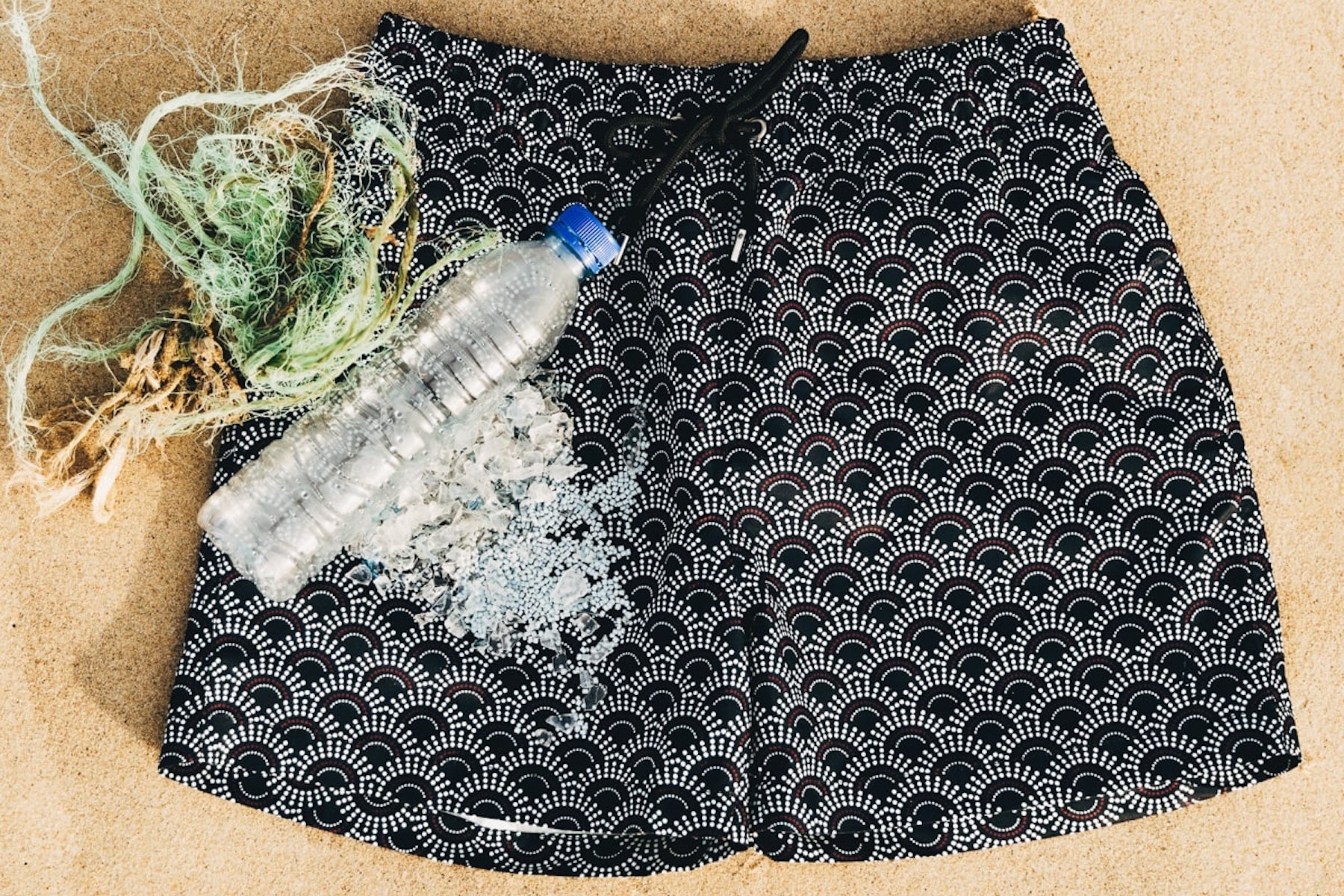
At Apnée we also strive to comply with the strictest sustainability certifications, such as GOTS and OEKO-TEX, ensuring minimal impact on the environment.
The high-quality recycled materials we use are often treated to resist chlorine, suntan oils, and UV rays, extending the lifespan of the swimwear. Apnée designs its products to be durable and long-lasting, ensuring consumers can use them for many seasons. Additionally, our swimwear is designed to be recycled at the end of its useful life, closing the product lifecycle. The brand encourages consumers to return their old swimwear for recycling, contributing to a circular economy.
Apnée doesn't just produce sustainable swimwear; it also engages in environmental initiatives. The brand collaborates with environmental organizations ( Coral Guardian and SEAQUAL TM ) to raise awareness and support ocean cleanup projects.
Join Apnée and don't hesitate. Choose an eco-friendly, sustainable, and high-end swimsuit!


